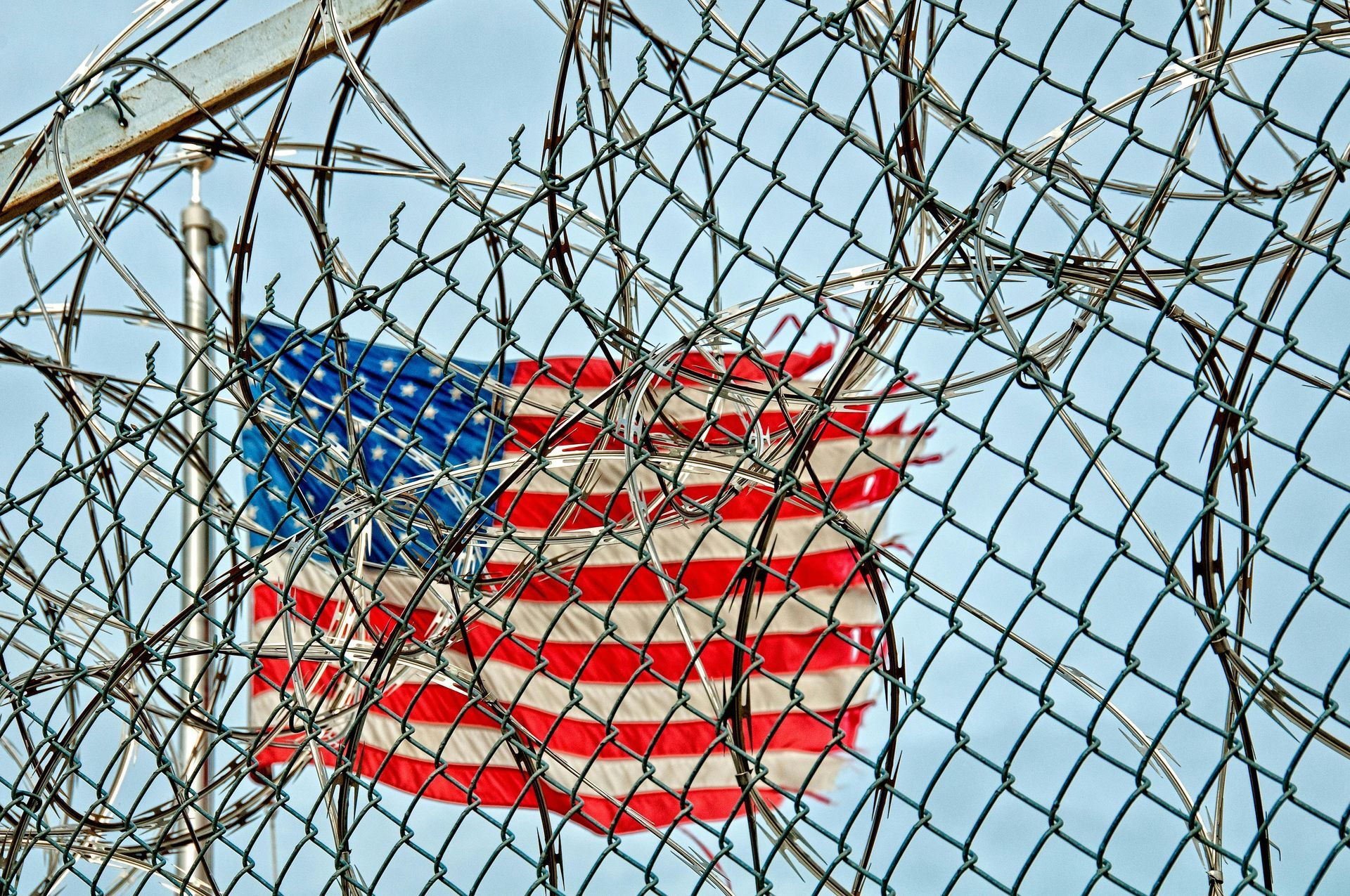Denice Flores, Esq.
Denice Flores, Esq.

The U nonimmigrant status (U visa) offers vital protection and legal relief to victims of certain crimes who have suffered mental or physical abuse and are willing to assist law enforcement in the investigation or prosecution of the crime. U visa recipients are granted a work authorization card and can live and work legally in the United States for up to four years, with a path to lawful permanent residency (green card) after having a U visa for three years. The U visa serves as a beacon of hope for survivors of crime who courageously step forward to help law enforcement while navigating their own recovery. Understanding the eligibility criteria and gathering the right documentation is essential to building a strong case. To qualify for a U visa, an applicant must meet all of the following criteria: 1. Victim of a Qualifying Crime You must have been a victim of a qualifying criminal activity , such as: Domestic violence Sexual assault Human trafficking Kidnapping Felonious assault Extortion Witness tampering Other serious offenses A full list of qualifying crimes is provided by U.S. Citizenship and Immigration Services under INA § 101(a)(15)(U). See also: https://www.uscis.gov/humanitarian/victims-of-criminal-activity-u-nonimmigrant-status . 2. Suffered Substantial Physical or Mental Abuse You must demonstrate that you suffered substantial harm as a result of the crime. This may include: Physical injuries Psychological trauma Lasting emotional distress 3. Helpful to Law Enforcement You must be, have been, or are likely to be helpful in the investigation or prosecution of the crime. This includes: Reporting the crime to authorities Cooperating with police or prosecutors Providing information that aids law enforcement efforts A law enforcement certification (Form I-918, Supplement B) is required as proof of this cooperation. 4. The Crime Occurred in the U.S. or Violated U.S. Laws The criminal activity must have: Taken place in the U.S., its territories, or possessions, and Violated U.S. federal, state, or local laws Applicants must also be admissible to the United States. If you are not, based on your immigration history, you may request a waiver using Form I-192 (Application for Advance Permission to Enter as a Nonimmigrant) . Certain qualifying family members may be included in your U visa petition: If you are under 21 years old: Your parents, unmarried siblings under 18, spouse, and children may be eligible to apply with you. If you are 21 years or older: Your spouse and children may qualify to apply with you. Each derivative must meet specific requirements and file appropriate forms. If you have any questions or would like to know more about the U visa eligibility requirements, contact our office to schedule a consultation with one of our experienced immigration attorneys.

The U.S. Department of Homeland Security (DHS) announced the designation of Lebanon for Temporary Protected Status (TPS), allowing eligible Lebanese nationals in the United States to stay and work temporarily due to unsafe conditions in their home country. The decision, published in the Federal Register, is based on the ongoing humanitarian crisis in Lebanon, which includes economic instability, widespread violence, and the aftermath of the devastating 2020 Beirut port explosion. The TPS designation for Lebanon is effective December 2023 and will last for 18 months. Lebanese nationals who have been residing in the U.S. since August 1, 2023, may apply for TPS, as long as they meet the eligibility requirements. Lebanese nationals who are granted TPS will be allowed to stay in the U.S. legally, work, and obtain travel authorization during the designated period. This measure is in line with the Biden administration's efforts to assist individuals from countries facing dire conditions. Applicants are advised to apply as soon as possible and to submit the necessary documentation to receive TPS status and related benefits. This designation underscores the U.S. government's support for Lebanese nationals affected by the difficult situation in Lebanon. If you have any questions or would like to know more about the eligibility requirements, contact our office to schedule a consultation with one of our experienced attorneys.

On June 3, 2024, President Biden signed Proclamation 10773, Securing the Border. On September 27, 2024, President Biden amended Proclamation 10773. The Presidential Proclamation 10773 has suspended and limited the entry of certain noncitizens into the United States across the southern U.S. border. As of June 5, 2024, U.S. immigration enforcement and asylum procedures across the southern U.S. border are more strict. According to the Department of Homeland Security, this suspension and limitation on entry and associated measures will apply until 14 calendar days after there have been 28-consecutive-calendar-days of a 7-consecutive-calender-day average of less than 1,500 encounters by DHS. The suspension and limitation on entry will continue to, or again, apply if there has been a 7-consecutive-calendar-day average of 2,500 encounters or more. Therefore, as of now, there is no end date to the rule. Under the Presidential Proclamation, noncitizens who are apprehended by DHS while attempting to enter the U.S. unlawfully and who do not establish a legal basis to remain in the United States will: be promptly removed to their home country or a third country, face at least a 5-year bar on re-entry, and confront possible criminal charges for a subsequent unlawful reentry. Noncitizens who cross the southern U.S. border unlawfully and who do not fall in one of the exceptions from the Proclamation, are generally ineligible for asylum, unless there are exceptionally compelling circumstances. Noncitizens who cross the southern U.S. border, who do not fall within the exceptions, and are processed for expedited removal will only be referred for a credible fear screening if they express a fear of return to their home country, a fear of persecution or torture, or an intention to apply for asylum. According to DHS, “the U.S. continues to follow international obligations and commitments by screening individuals who manifest or express fear, but who do not qualify for the exceptionally compelling circumstances exception to the rule, for withholding of removal and Convention Against Torture protections at a reasonable probability of persecution or torture standard – a new, substantially higher standard than is applied under the Circumvention of Lawful Pathways rule.” The suspension and limitations under the Proclamation do not apply to noncitizens who make an appointment to present themselves at a designated land port of entry. The rule also does not apply to lawful permanent residents, other noncitizens with a valid visa or other individuals with lawful permission to enter the United States, unaccompanied children, and victims of a severe form of human trafficking.
Attorney Denice Flores is a daughter of immigrant parents from Mexico. She has witnessed firsthand the impact immigration law has on immigrant families and individuals. Ms. Flores started her career in immigration in 2015, through her work she discovered her passion for immigration law and decided to attend law school to pursue her career as an immigration attorney. In her free time, Ms. Flores enjoys spending time with her husband and family. She also enjoys watching documentaries, traveling, and eating good food.
Find out more about Denice
Areas of Practice
 Button
ButtonImmigration Law
- Humanitarian and family-based immigration petitions:
- Asylum
- TPS (Temporary Protected Status)
- U visa
- I-929
- VAWA (Violence Against Women
Act)- I-130 (Petition for Alien Relative)
- I-601A waivers (Waiver for
Unlawful Presence)- Adjustment of Status
- DACA (Deferred Action for
Childhood Arrivals)- Naturalization
- I-751
- I-212
- Employment-based visas:
- O-1B
- O-1A
- EB-2 NIW
- EB-1A
- Others:
- Writ of Mandamus
- Removal Representation
Education
 Button
Button- Juris Doctor, Thomas Jefferson School of Law, 2019
- Bachelor of Science, San Diego State University, 2015
Languages
 Button
Button- English
- Spanish
Bar Admissions
 Button
Button- California State Bar Association
Honors & Awards
 Button
Button- Magna cum laude- Juris Doctor
Volunteer Work
 Button
Button- Active involvement with human rights and immigration non-profit organizations in San Diego County



